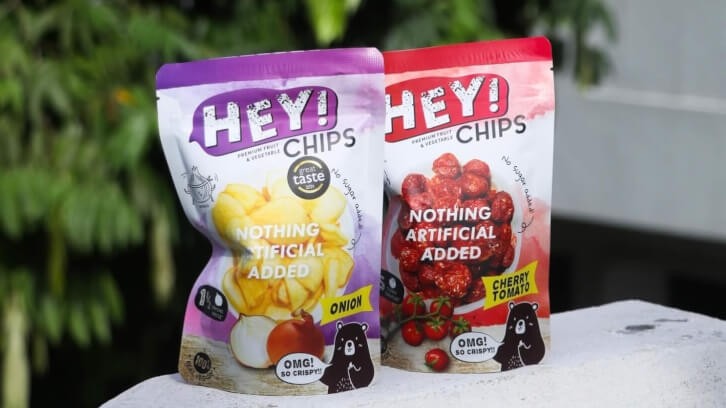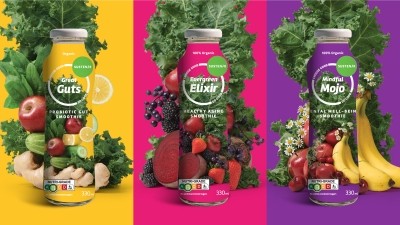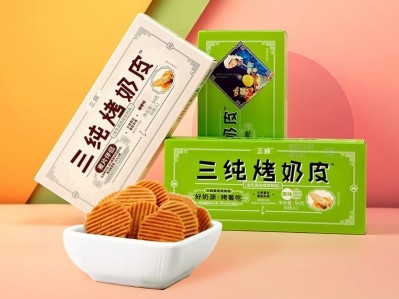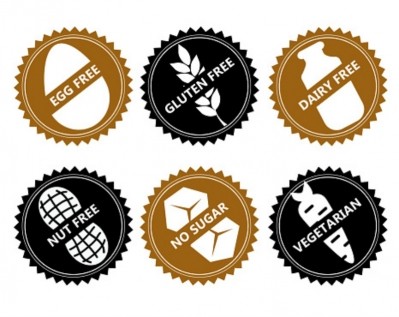Clean and scale: Hey! Chips aims to combat dominance of ultra-processed snacks with whole ingredient innovation

Although healthier snacking has been trending in the food and beverage industry for several years, the sector still faces the barriers of taste and scalability when it comes to taking on conventional snacks.
Singapore-based fruit and vegetable snack firm Hey! Chips believes that the solution to this is to not just create products that can compete on taste, but also have less dependence on flavourings.
“Ultra-processed snacks are generally made with ingredients that are not commonly found in a household kitchen, or foods with very little whole food content in it - these tend to have very low nutritional value, and many studies have associated these with chronic illnesses from cancer to obesity,” Hey! Chips Founder Emily Chu told FoodNavigator-Asia.
“Governments worldwide have been trying to improve the quality of these products for the benefit of public health, [which has accordingly led to] an increased focus on clean label and clean ingredients – this it essentially the use of minimum ingredients to make the products.
“One aspect of this includes the removal of additives such as flavourings e.g. salted egg or barbecue, which are usually artificial – our innovation is focused on the fact that choosing the right types of fruits and vegetables means they can stand on their own as a snack, without the use of these funky flavourings.
“An added advantage of [not depending on these] flavourings is that the snacks thus become easier to be accepted into the different cultures and diets internationally – and this makes it more scalable as a business.”
The firm uses whole ingredients such as whole pieces of broccoli, slices of onions and entire cherry tomatoes to make its snacks, with mainly oil and salt as the only flavour enhancers.
“Many snacks today are using grains as the main ingredient, particularly rice or wheat flours, as these will add volume and mass, but on their own these actually are not naturally flavourful like fruits and vegetables,” she said.
“That is why many of [these ultra-processed snacks] will depend on seasonings to achieve that good taste – but although these production strategies have benefits in terms of cost reduction, the nutritional value is certainly lower and usually high in carbohydrates, fats and sodium.
“Some other so-called healthier snacking firms may also look to use fruits and vegetables as a base, but still add seasoning or even sugar syrup to make up for the weight or mask the usage of inferior produce – and this again is less than healthy for consumption.”
Clean label and plant-based
Moving forward, Chu believes that the two key mega trends that will guide the healthier snacking industry in APAC are clean label and plant-based, both of which Hey! Chips is already tapping on.
“I think that consumers are more informed and are getting more educated about food labels, so there is more pushback against long lists of ingredients and industrial food additives in this region,” she said.
“The other major trend here will be plant-based – and although most snacks in the market are largely plant-based, sometimes ingredients like honey, milk, butter, gelatine are still used.
“In the past, manufacturers wouldn’t think too much about these being used in small quantities – but with the plant-based movement growing, more and more brands are realising the need to address the plant-based and vegan market.”






















